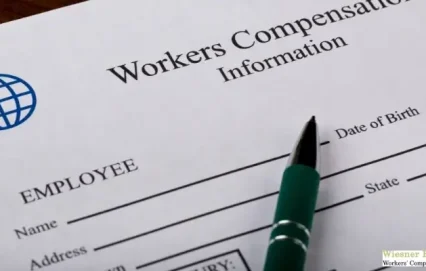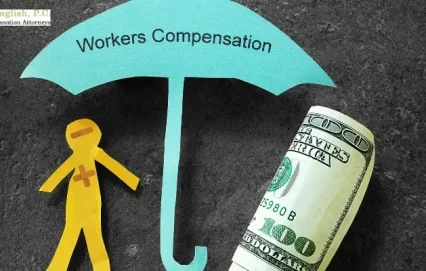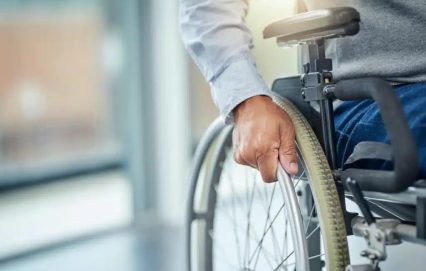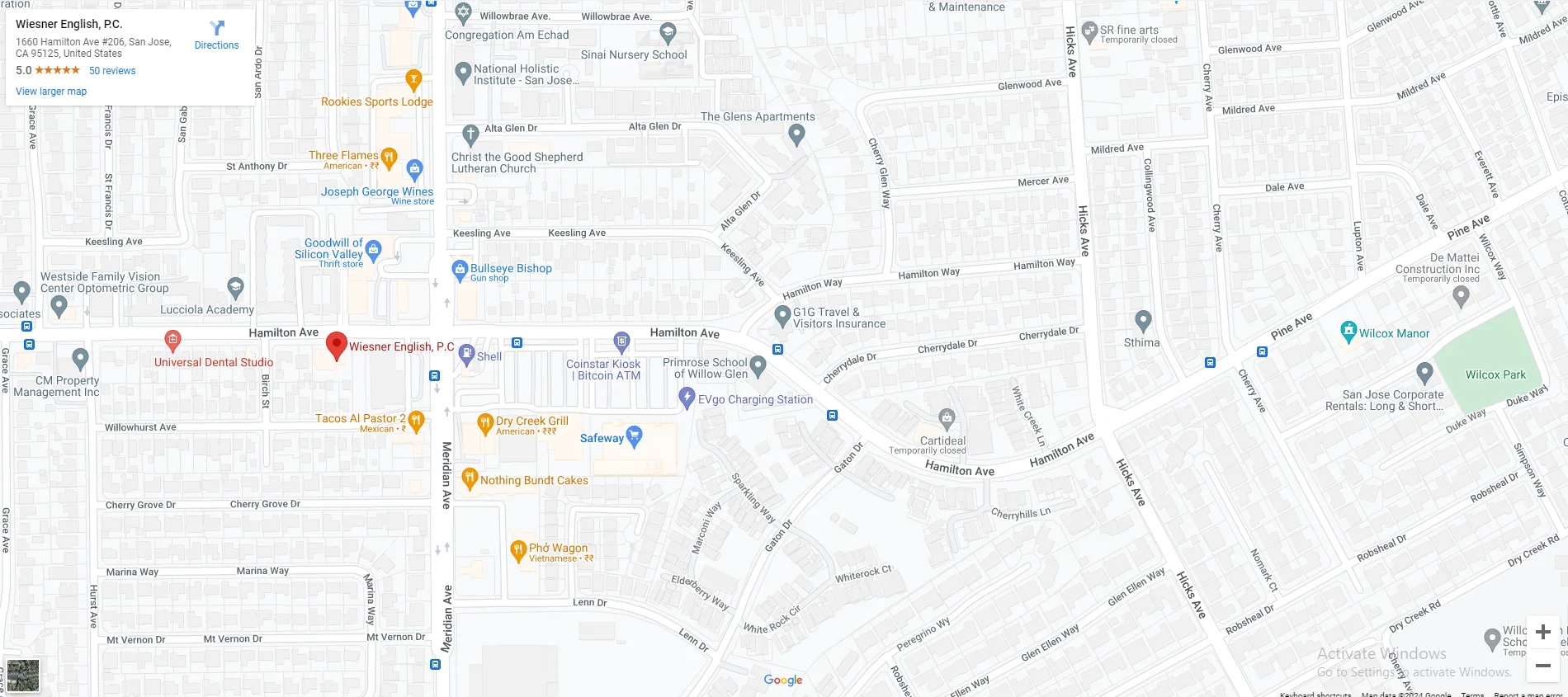Blog
Average Workers’ Compensation for Construction Workers in California
Construction is a crucial industry in California with countless potential for accidents. An injury on the job can leave you with serious, life-altering injuries. When filing for benefits, you may wonder what the average workers' compensation for construction workers in California is. Wiesner English, P.C.…
Average Police Firefighter Injury Claims in California
Police and firefighters enter their professions with an understanding that their work is dangerous. Every day they go to work, they risk their lives. For this reason, California personal injury laws include specific provisions to protect these workers. The Division of Workers’ Compensation, or the…
What Happens if You Can’t Return to Work After a Work Injury in California?
A serious work-related injury can leave you wondering, “What happens if you can’t return to work after a work injury in California?” Workers' compensation offers temporary or permanent disability benefits along with vocational retraining and alternative employment support when faced with this situation. When you…
How to Maximize Your Workers’ Compensation Settlement in California?
Thanks to California’s comprehensive labor laws, every employer in the state is required to provide their employees with workers’ compensation benefits. You never know when something could happen in the workplace that requires you to take time off to recover. Accidents happen in every profession,…
How Does Workers’ Comp Work in California?
When an employee suffers a work-related injury in California, they may be eligible for workers’ compensation benefits to pay for medical treatments and help cover lost wages. While this state-mandated system covers almost all employees, actually accessing benefits can be complex and overwhelming for someone…
Pros and Cons of Hiring a Workers’ Comp Attorney in California
The workers’ compensation system provides crucial benefits to Californians who get injured on the job. Like any legal process, however, workers’ comp can sometimes be confusing and overwhelming for those without prior knowledge of the system or specific legal training. This is especially true for…
How To File a Workers’ Comp Claim in California?
If you have recently been injured at work, navigating the workers’ compensation process can feel like a nightmare at times. This is why understanding how to file a workers’ comp claim in California is essential to ensure you can receive the benefits you are entitled…
When Does Workers’ Comp Start Paying in California?
If you have recently been injured at work, it’s important to understand the workers’ compensation process and how it applies to you. Many people who have been injured ask, “When does workers’ comp start paying in California?” The timeline will differ for each individual depending…
Labor Code section 4661.5 & other special TD rules
When you need time off to recover from a work injury, the typical workers’ compensation claim will only provide a maximum of 104 weeks (two years) of wage replacement, called temporary disability, within the first five years from your injury date which is paid at…
California Workers’ Compensation Laws Explained
Workplace injuries are more common than you might expect. California workers’ compensation laws explain the processes and benefits afforded to injured workers in the state. Understanding these laws can help you protect your job and income following a workplace injury or illness. You can better…
Request A
Free Consultation
Fields marked with an * are required
















